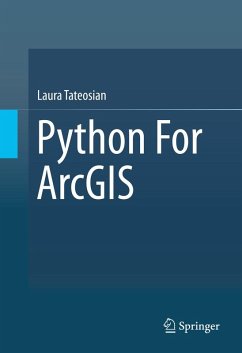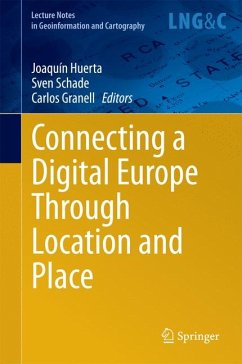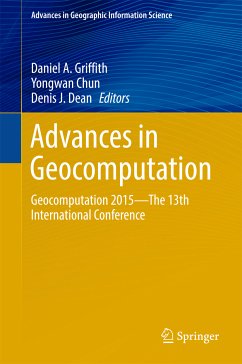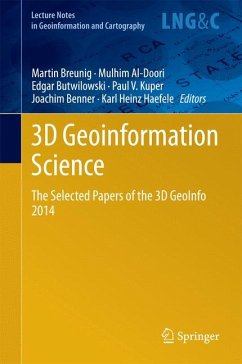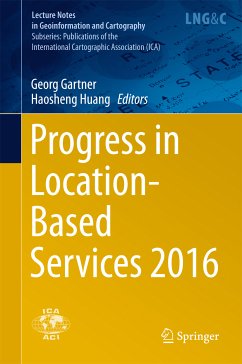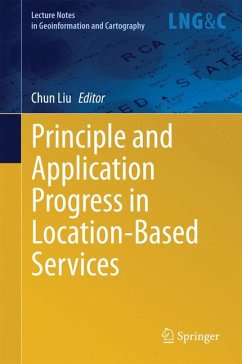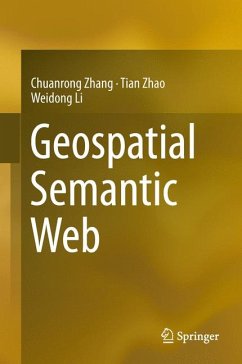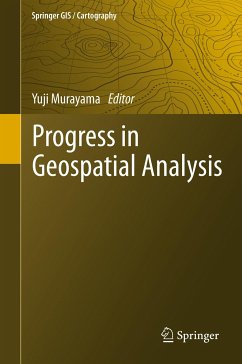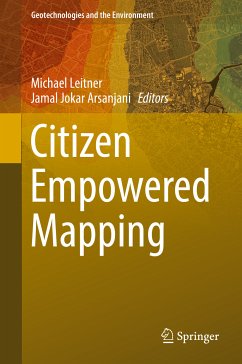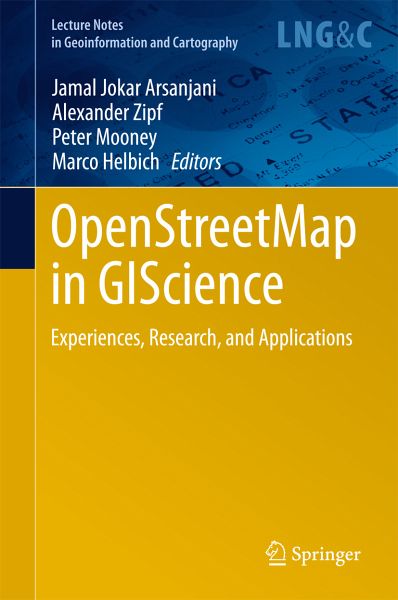
OpenStreetMap in GIScience (eBook, PDF)
Experiences, Research, and Applications
Redaktion: Jokar Arsanjani, Jamal; Helbich, Marco; Mooney, Peter; Zipf, Alexander
Versandkostenfrei!
Sofort per Download lieferbar
72,95 €
inkl. MwSt.
Weitere Ausgaben:

PAYBACK Punkte
36 °P sammeln!
This edited volume presents a collection of lessons learned with, and research conducted on, OpenStreetMap, the goal being to promote the project's integration. The respective chapters address a) state-of-the-art and cutting-edge approaches to data quality analysis in OpenStreetMap, b) investigations on understanding OpenStreetMap contributors and the nature of their contributions, c) identifying patterns of contributions and contributors, d) applications of OpenStreetMap in different domains, e) mining value-added knowledge and information from OpenStreetMap, f) limitations in the analysis Op...
This edited volume presents a collection of lessons learned with, and research conducted on, OpenStreetMap, the goal being to promote the project's integration. The respective chapters address a) state-of-the-art and cutting-edge approaches to data quality analysis in OpenStreetMap, b) investigations on understanding OpenStreetMap contributors and the nature of their contributions, c) identifying patterns of contributions and contributors, d) applications of OpenStreetMap in different domains, e) mining value-added knowledge and information from OpenStreetMap, f) limitations in the analysis OpenStreetMap data, and g) integrating OpenStreetMap with commercial and non-commercial datasets. The book offers an ideal opportunity to present and disseminate a number of cutting-edge developments and applications in the field of geography, spatial statistics, GIS, social science, and cartography.
Dieser Download kann aus rechtlichen Gründen nur mit Rechnungsadresse in A, B, BG, CY, CZ, D, DK, EW, E, FIN, F, GR, HR, H, IRL, I, LT, L, LR, M, NL, PL, P, R, S, SLO, SK ausgeliefert werden.




